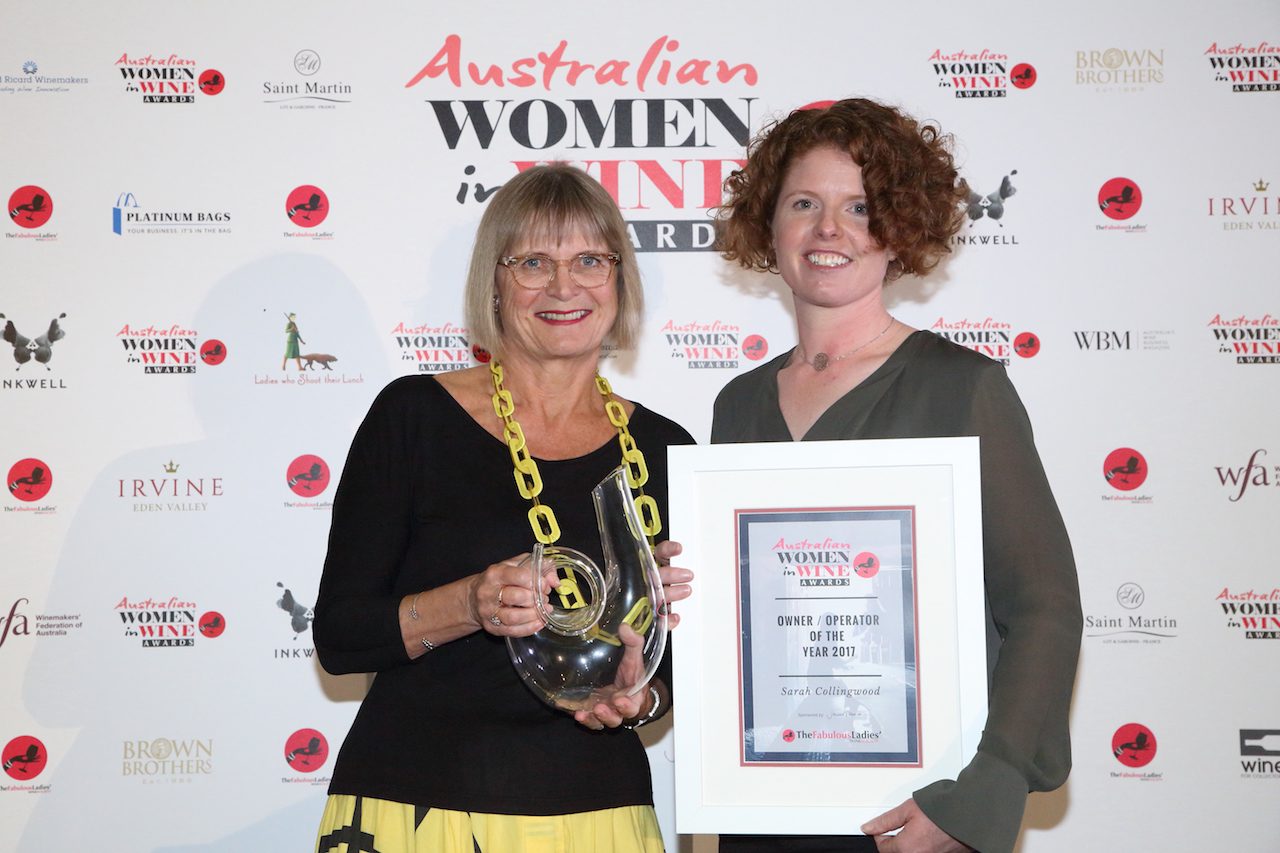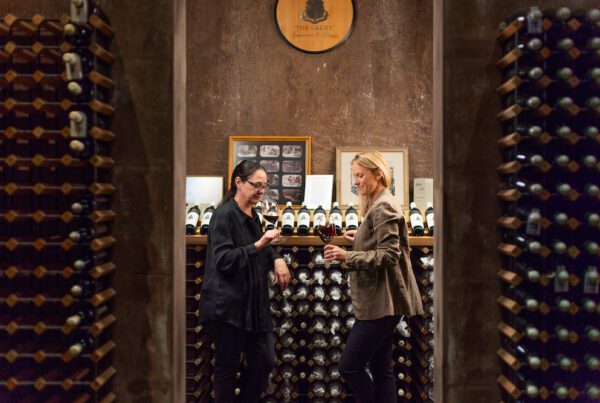
Jane Thomson, The Fabulous Ladies’ Wine Society
Although we’ve happily reached a stage where equal numbers of women and men are graduating from viticulture and winemaking, retaining women in the Australian wine industry is another story entirely. Currently, participation rates in winemaking and viticulture are at just under 10 percent and – even more worryingly – in decline.
Most think that to increase the number of women in wine we need to work harder at attracting women into the industry. The reality is, we have little trouble attracting them, it’s keeping and supporting women in their long-term wine career that’s the challenge.
What’s going on? Why are they leaving?
This year the 2018 Australian Women in Wine Awards wants to raise industry awareness of this significant retention issue, as once again we strive to champion and celebrate the work of Australian women in wine.
In this series, some previous winners highlight challenges they have faced, what’s kept them in their careers, and what they’d like to see more of to assist women to achieve their career potential in wine.
WBM – Australia’s Wine Business Magazine is a proud sponsor of the awards. In this series, some previous winners highlight challenges they have faced, what’s kept them in their careers, and what they’d like to see more of to assist women to achieve their career potential in wine.
Sarah Collingwood, Four Winds Vineyard
Winner 2017 ‘Owner/Operator of the Year’
What attracted you into the wine industry?
It wasn’t my intention to end up in the wine industry. My husband and I arrived at Four Winds Vineyard in 2010 to help out. Almost nine years later and we are still here, loving it and with no plans to leave. The wine industry has the benefit of being romanticised from the outside, but now all my romantic notions have been reset I am loving the reality of the industry.
How many years have you been working in the industry? And did you have any other careers before that? If so, for how long?
I helped my parents lay out the vineyard twenty years ago. This helped me quickly decide to go and look for other work as the vineyard work was hard. I came back when I was 24 for start my own wine label which I ran for three years before moving to Melbourne and into the accounting industry. I moved back and have now been working in the industry for almost nine years. As our business evolves and grows it has been handy to draw on experience in other industries to apply to our current situation.
What do you think are some of the innate challenges women may face in this industry that make staying in their wine career difficult?
I have always been told that ‘you can’t be what you can’t see’ and not being able to see women in some of the senior roles can make it difficult for women to see themselves in these positions. But change is underway and more women will continue to fill these senior roles in the future.
Have you personally faced any career challenges that have made you think about leaving? What do you think has helped you stay and progress in your career?
I am lucky to work in a small family business so have always felt incredibly well supported in my role. There has been an opportunity to evolve my role as the business has grown. This has helped me stay in the industry – that and the fact that it is a great industry to be a part of.
What practical steps do you think employers and the industry at large could take to retain more women?
There are a few practical things that are already being done within the industry such as the Gender and Equality draft protocol that has been put out by the WFA, ASVO’s list of female wine judges and the formal (and informal) networks of women to support each other. While some of these initiatives will take a time to percolate through the various systems and networks they are making a difference. Women are becoming more visible in the industry and this in turn is encouraging other women to step into positions and roles that they otherwise may not have.










Recent Comments